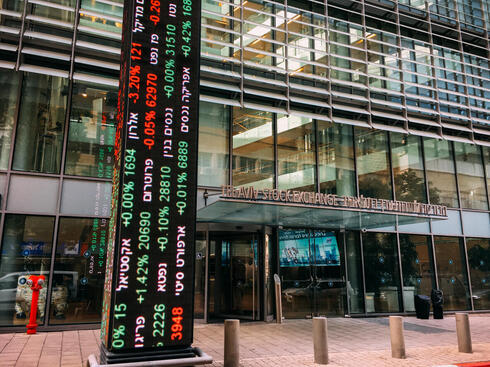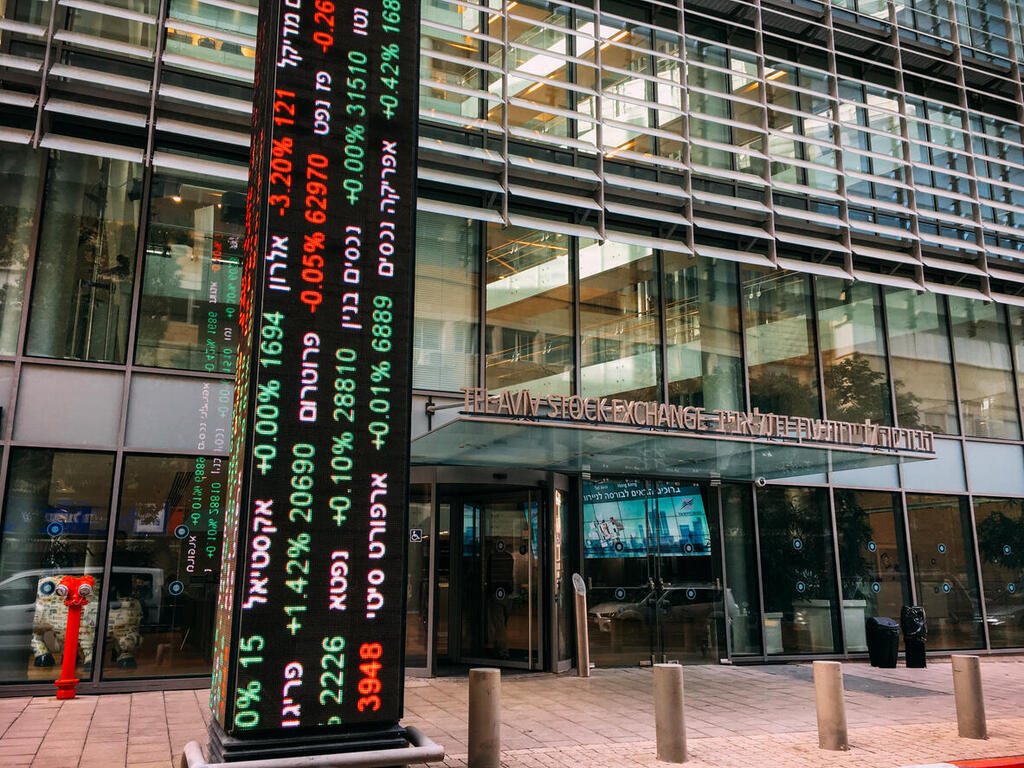
Israeli stock market outperforms global peers despite war, surging 27% in 2024
The Tel Aviv Stock Exchange is on track to close 2024 with one of the world’s best returns. The TA-125 has gained about 27% year-to-date, a performance on par with the S&P 500 and far surpassing most European markets, such as the MSCI Europe index, which rose just 6%.
The pace of geopolitical events in the Middle East in recent weeks has been particularly rapid. Just three months ago, fears loomed over a potential devastating attack by Hezbollah on the State of Israel. Today, Hezbollah has been significantly weakened, the Assad regime has fallen, and Israel has destroyed much of the Syrian army—outcomes that exceeded even the most optimistic war scenarios.
Investors reacted swiftly to these developments. Over the past month, the TA-125 stock index rose by approximately 5%, bond yields declined, and the shekel strengthened by 5% against the dollar. If there are no major disruptions in the coming weeks, the Tel Aviv Stock Exchange is on track to close 2024 with one of the world’s best returns. The TA-125 has gained about 27% year-to-date, a performance on par with the S&P 500 and far surpassing most European markets, such as the MSCI Europe index, which rose just 6%. Even markets in China and Japan, which experienced strong growth, recorded lower increases of 20% and 18%, respectively.
Foreign investors have also returned to the Israeli market, with net purchases of Israeli shares totaling NIS 1.2 billion in November, reversing October’s net sales of NIS 0.5 billion. Israeli private investors mirrored this trend, increasing exposure and making net purchases of NIS 1.4 billion during the same period.
“Clients are taking on more risk,” said Avishai Karavani, CEO of Peilim Portfolio Management. “In recent weeks, we’ve seen a surge in investor interest in returning to the capital market and increasing exposure to Israel.”
Part of this optimism is rooted in historical patterns. Research by the stock exchange shows that after major conflicts—excluding the relatively short Operation Guardian of the Walls—Israel’s stock market typically delivers double-digit returns in the following year, often outperforming the S&P 500.
"The momentum in the market stems from reduced risk premiums and optimism for 2025," explained Alex Zabezhinsky, Chief Economist at Meitav. "There is an expectation of a rebound year with over 4% growth, as deferred projects come to fruition, creating a positive foundation for strong stock market performance."
Despite the positive sentiment, questions linger about whether the optimism is excessive. Do the strong returns of 2024 reflect genuine recovery, or are they masking underlying risks?
One concern is the cessation of government aid for war victims, which supported the economy through the crisis. While Israel managed a smooth transition from fiscal support during the COVID-19 pandemic, it remains uncertain whether the same will occur in 2025.
Geopolitical risks also remain significant. The outcome of Syria's ongoing transition and the stance of the new regime toward Israel and Iran are unclear. Meanwhile, the conflict in Gaza persists, imposing economic and human costs. Domestically, the fiscal deficit remains high, and inflationary pressures are expected to intensify with the implementation of a 1% VAT increase in January 2025.
"While many expect inflation to moderate in 2025, which could lead to lower interest rates, similar predictions at the start of 2024 did not materialize," Zabezhinsky warned.
Karavani and Zabezhinsky also noted risks from global markets. "The American market could deliver unpleasant surprises," said Zabezhinsky. "Signs of economic cooling and potential policy shifts under the Trump administration could create noise and uncertainty that would spill over into Israel’s market."
Zabezhinsky identified additional risks in the local arena, including potential political instability. "Internal frictions in Israel could resurface with the intensity we saw in early 2023," he cautioned. "The country’s improved strategic position may not shield it from these challenges."














